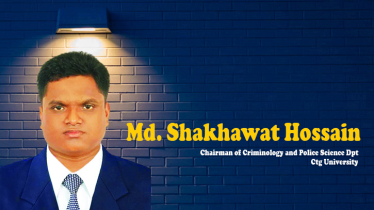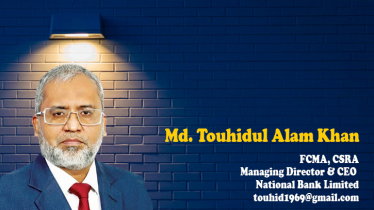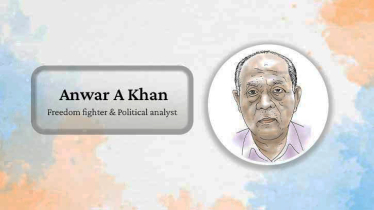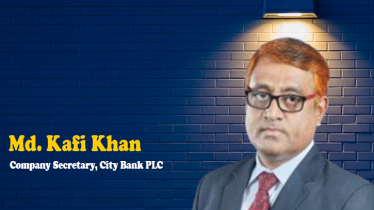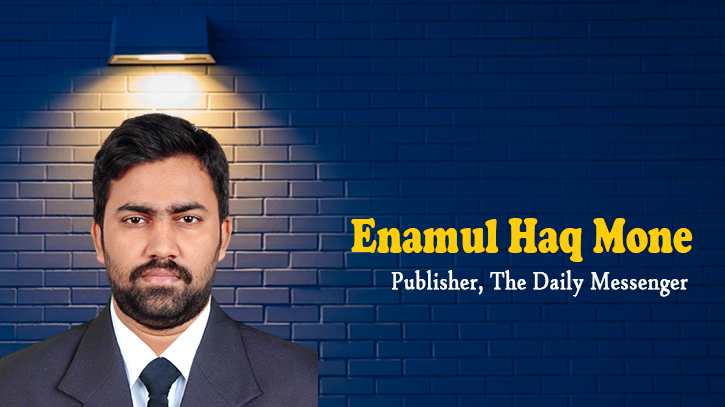
There are substantiated allegations that WHO Director-General Dr. Tedros has explicitly supported Dr. Shambhu Prasad Acharya's candidature, whose nomination for the position of Regional Director for the WHO South East Asian Regional Office by Nepal on June 30 proceeded by the renewal of his contract beyond the mandatory retirement age of 65. This extension is known to be primarily for his campaign for the Regional Director position.
As the world grapples with the enduring repercussions of the COVID-19 pandemic, the question of whether the World Health Organisation (WHO) and its leadership have withstood the trials of the greatest health crisis in a century remains unanswered.
During this tumultuous period, WHO has been plagued by a surge in allegations of sexual misconduct by senior officials, mixed with a pervasive culture of harassment, bullying, and the misappropriation of funds within the organization. Witnessing such behaviors go unpunished or even concealed at times is disheartening. The internal justice system within WHO is, at best, flawed and, at worst, undermined, as highlighted in recent news articles by prominent outlets such as AP and Reuters.
As the world emerges from this crisis, one that can be compared with the Spanish flu of 1918 and the Second World War in terms of its impact on humanity, it is imperative to reflect on how global health leaders will guide us in the post-COVID era. This reflection holds particular significance as WHO prepares to elect three of its six regional directors in the Eastern Mediterranean, South East Asian, and Western Pacific regions.
The selection process for the position of WHO Regional Director for SEARO has brought to light critical considerations regarding the qualities and integrity expected from global health leaders.
For Bangladesh, a key player in the South East Asian region, this election carries great importance. Bangladesh has nominated Ms. Saima Wazed, a prominent advocate for mental health and a globally recognized figure in autism and early childhood development. Although for these she held Advisory positions both at the South East Asian Regional Office as well as at global WHO levels, unfortunately, some have resorted to baseless rhetoric, suggesting that her nomination is solely due to her status as the daughter of Bangladesh's Prime Minister, Sheikh Hasina. Such claims lack a factual basis and often come from opposing camps.
When assessing candidates for leadership positions, technical qualifications are undoubtedly important but to think that it is the most important criteria will be foolish to think as noted by the Lancet article from Friday. Qualities such as integrity, values, and honesty hold greater significance, especially when WHO is in dire need of cultural change and genuine transformation. Dr. Tedros initiated a transformational agenda when he assumed the role of Director-General in 2017, but much of the cultural change necessary for the desired transformation remains unrealized.
Therefore, as WHO undergoes leadership changes in these crucial regions, we must scrutinise the new leaders' commitment to changing the status quo and if they hold honesty, integrity, and true leadership qualities needed for the required reforms. Having 30 years of experience within WHO may not necessarily be an advantage; in fact, it could be a hindrance.
Now, let's turn to the details behind the candidate Dr. Shambhu Prasad Acharya, the other nominated candidate with three decades of experience in public health and WHO, to see if he is the right candidate when it has come to our attention that Dr. Acharya has violated fundamental codes of conduct for international civil service in several ways.
Firstly, here is documented evidence that he continued to participate in various WHO meetings after his nomination date until he went on special leave on August 4. Despite this, even when requested of the WHO Legal Counsel, WHO has failed to provide a reasonable explanation for the contract renewal or his continued role as a WHO official after the nomination.
Secondly, his nomination was published by WHO on August 18 using a second letter of nomination dated July 12, with a different registration number, raising concerns about document tampering and the potential involvement of the WHO administration in fraudulent activities.
Thirdly, Dr. Acharya has declared his engagements during his WHO contract period as an adjunct associate professor at the University of Washington, USA, and an academic advisor and board member at the University of Sharjah, UAE, which violate WHO's code of conduct, without any documented ethical clearance.
In contrast, it is appalling to see the WHO propaganda machine in action in favour of Dr. Acharya –recent articles in Lancet, Telegraph, Health Policy Watch etc. Our investigation into this showed that a ghost writer behind some of these, is currently under a WHO contract with SEARO. This further demonstrates that WHO is not only supportive of Dr Acharya as an RD candidate but WHO’s resources are being used to promote him and defame Ms Wazed.
In light of these issues, can we confidently assert that we have two suitable candidates for the Regional Director position at WHO's Southeast Asian Regional Office? Despite Dr. Acharya's thirty years of experience with WHO, serious concerns arise about his honesty and integrity in driving the public health agenda for the region. At this critical juncture in global health, can we afford a new leader with integrity and honesty issues? Perhaps it is time to move away from the old guard and seek fresh blood, allowing the next generation to bring about the much-needed cultural change within the organisation.
Urgent action is required to reform global health leadership, ensuring that the lessons learned from COVID-19 prepare societies to prevent future pandemics and enable WHO to fulfil its constitutional mandate in helping Member States achieve health-related Sustainable Development Goals. We call upon Dr. Tedros to uphold the highest standards and ensure a code of conduct for all WHO staff. Furthermore, we implore the heads of state gathered at the SDG summit in New York to reiterate their commitment for the leadership in WHO and the UN in general. It is time for accountability and for WHO to prioritise justice including appropriate actions for misconduct within its own ranks.
In conclusion, it’s ironic that Ms. Wazed’s qualifications and experience for the position was ridiculed –especially when Dr. Tedros has repeatedly appointed inappropriate candidates for top WHO jobs in the last six years since he took office as the Director General – such as the Assistant Director General for the Data Division is a dentist with no knowledge or experience on data. There are many other examples where repeated appointments are being made on political grounds without following due process or considering appropriate qualifications. We couldn’t agree more with Lancet that we must push back. It’s high time that the current leaders are to be brought to account first rather than questioning future leaders based on false accusations, hearsay, and wild guesses.
Lastly, we wonder when will WHO and Dr. Tedros deliver justice to the tens of women in Congo, who were raped under the watch of WHO staff and its aid workers? The humanity eagerly awaits.
The writer is the publisher of The Daily Messenger.
Messenger/Alamin

